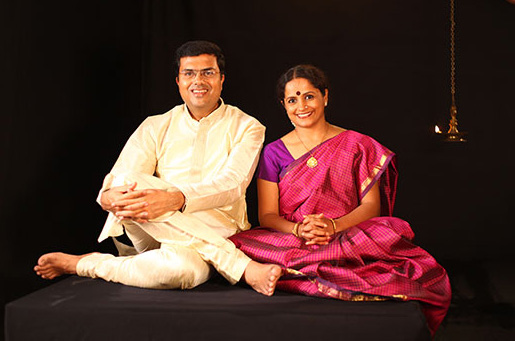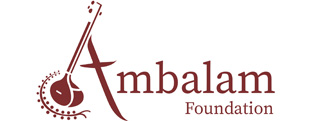The Ambalam Story
About us – The Ambalam Story
People often ask us what the meaning of ‘Ambalam’ is
The word “Ambalam” has different meanings depending on the context (language, culture, and usage). Here are three prominent ones:
- Tamil (Cultural / Artistic)
Ambalam (அம்பலம்) refers to a hall, stage, or public pavilion, often associated with performance, dance, or temple gatherings. In classical arts, it is connected with the Nataraja’s Chidambaram Ambalam (the cosmic dance hall of Shiva).
- Malayalam (Kerala usage)
In Malayalam, Ambalam (അമ്പലം) means temple (a place of worship, especially for Hindus). For example: “Krishna Ambalam” = “Krishna Temple.”
- The phrase “Ambala paduthuradu” (அம்பலப்படுத்துறது / அம்பலப்படுத்துவது) in Tamil means:To expose, reveal, or make something public – especially something that was hidden, secret, or kept private.
It comes from “Ambalam” = open/public place or stage.
So “Ambala paduthuradu” literally means “to bring it into the open space / to make it known to everyone.”

"Founded by Indira Kadambi & TV Ramprasadh, Ambalam Foundation is a beacon of culture, wellness, and human values, pioneering holistic arts education for generations."
Our Journey Through the Years
1989 – Founded in Bangalore
- Shared Carnatic Vocal & Bharatanatyam in pristine form.
- Conducted student workshops & engaged schools to adopt music and dance in curriculum.
2002 – Wellness & Yoga Education
- Introduced Yoga, Meditation & Martial Arts to students.
2011 – eAmbalam Born
- World’s First Online College of Performing Arts . Reaching learners across the globe through technology.
2013 – Life Art Education Launched
- India’s pioneering K–12 Life Skills program, blending Music, Dance, Yoga & Personality Development.
2015 (Diwali) – Wellness Vertical Introduced
- Online courses in General & Therapeutic Yoga,
- Yoga for Dancers & Musicians, and Guided Meditation.
- Expanded multi-device learning in Music & Dance.
Today
- 50,000+ students worldwide
- Hundreds of hours of original content
- Global arts community with tradition at its core
- Social Outreach:
- Village children in 26 villages near Jigani
- Orphanage for boys
- Differently abled children

